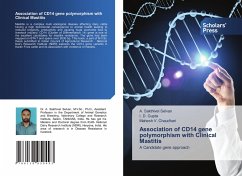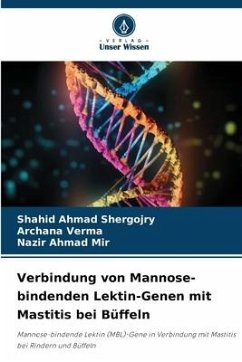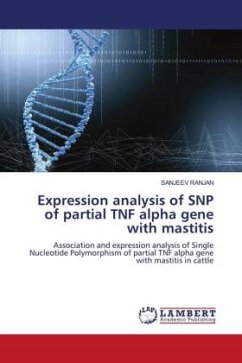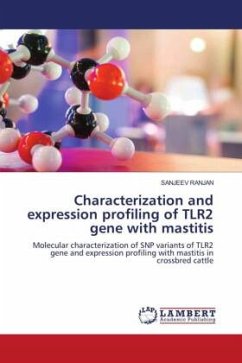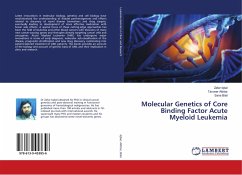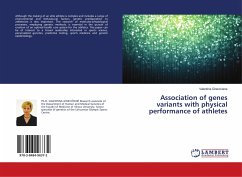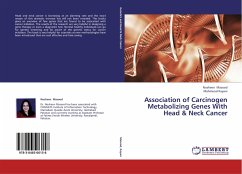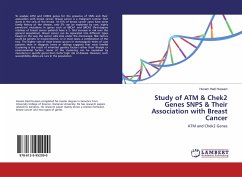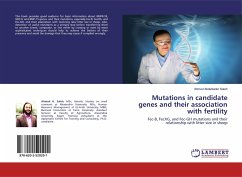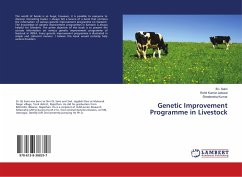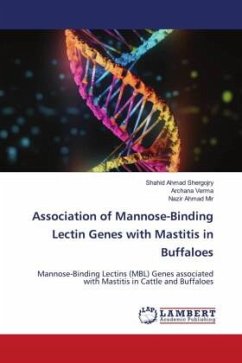
Association of Mannose-Binding Lectin Genes with Mastitis in Buffaloes
Mannose-Binding Lectins (MBL) Genes associated with Mastitis in Cattle and Buffaloes
Versandkostenfrei!
Versandfertig in 6-10 Tagen
29,99 €
inkl. MwSt.

PAYBACK Punkte
15 °P sammeln!
Mastitis is the most important mammary gland diseases of Dairy animals that causes huge economical losses to dairy entrepreneurs. The present economic conditions demand that the individual dairy animal should not only be high producer but also profitable. So, to meet this ever-increasing demand animal researchers/ breeders have to put continuous efforts to find molecular markers responsible for udder health traits and develop disease resistant breeding programme on fast-track basis. Thus, today, researchers are more interested in identifying the molecular markers in immunity related genes that...
Mastitis is the most important mammary gland diseases of Dairy animals that causes huge economical losses to dairy entrepreneurs. The present economic conditions demand that the individual dairy animal should not only be high producer but also profitable. So, to meet this ever-increasing demand animal researchers/ breeders have to put continuous efforts to find molecular markers responsible for udder health traits and develop disease resistant breeding programme on fast-track basis. Thus, today, researchers are more interested in identifying the molecular markers in immunity related genes that will provide a guideline for early selection of dairy animals for mastitis resistance breeding programs. Mannose-binding lectin genes play a key role in Défense system of host towards the susceptibility/ resistance to many infectious diseases. Genes involved in the immune response in mammals are Mannose-binding lectins (MBL1and MBL2) genes. They are important constituent of immune response system of an organism. Thus, an approach based on improving the host genetics in resistance to infectious diseases through molecular marker selective breeding is becoming widely accepted.



